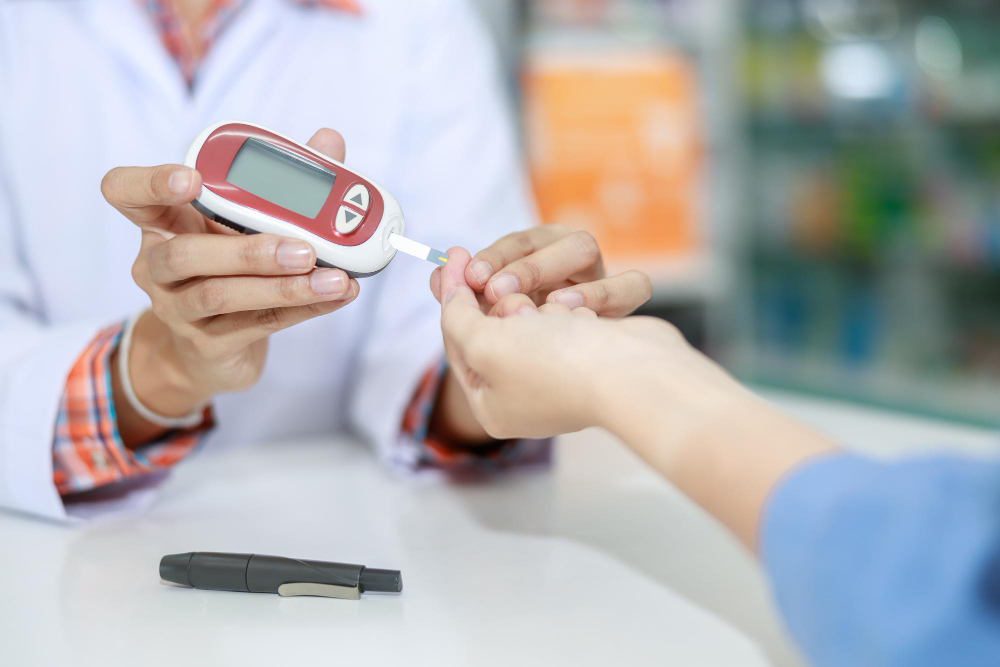What is a Diabetes Screening Test?
A diabetes screening test checks your blood sugar levels. It helps find out if you have diabetes or are at risk. Early detection of diabetes is important for your health. Many people ask, “How to screen for diabetes?” or “What are the types of diabetes tests?” These tests can spot problems before symptoms appear. That way, you can get help sooner and avoid serious health issues.
Why is Diabetes Screening Important?
Diabetes can harm your body before you notice any signs. For example, high blood sugar can damage your heart, eyes, and kidneys. However, regular screening can catch diabetes early. This means you can start treatment and make changes to stay healthy. According to the CDC, early detection lowers the risk of complications.
Who Should Get Screened?
Not everyone needs a diabetes screening test right away. Still, some people have a higher risk. You should consider screening if you:
In some areas, local health guidelines may suggest screening at different ages. Always check with your doctor for advice.
Types of Diabetes Screening Tests
There are several ways to screen for diabetes. Each test measures blood sugar in a different way. The most common types include:
Your doctor will choose the best test for you based on your risk factors.
How to Prepare for a Diabetes Screening Test
Preparation depends on the type of test. For a fasting blood sugar test, you should not eat or drink (except water) for at least 8 hours. For other tests, you may not need to fast. However, always follow your doctor’s instructions. If you take medicine, ask if you should take it before the test. Bring a list of your medicines to your appointment.
What to Expect During the Test
Most diabetes screening tests are simple and quick. Usually, a nurse or technician will take a small blood sample from your arm or finger. The process takes only a few minutes. You may feel a small pinch, but it is not very painful. After the test, you can go back to your normal activities.
Understanding Your Results
Once your results are ready, your doctor will explain what they mean. Here is a simple guide:
Keep in mind, results may vary based on the test type. Always discuss your results with your doctor.
Next Steps After Screening
If your test shows normal blood sugar, keep up healthy habits and get screened as advised. If you have prediabetes, your doctor may suggest changes to lower your risk. For those diagnosed with diabetes, your doctor will guide you on treatment and follow-up. Early action can help prevent serious problems.
Prevention and Lifestyle Tips
Even if your screening is normal, healthy habits matter. Here are some tips to lower your risk:
These steps can help you stay healthy and lower your risk of diabetes.
Conclusion
Diabetes screening tests are a key part of staying healthy. Early detection can prevent serious health problems. If you have questions or concerns, consult a healthcare professional for personalized advice on diabetes screening.

